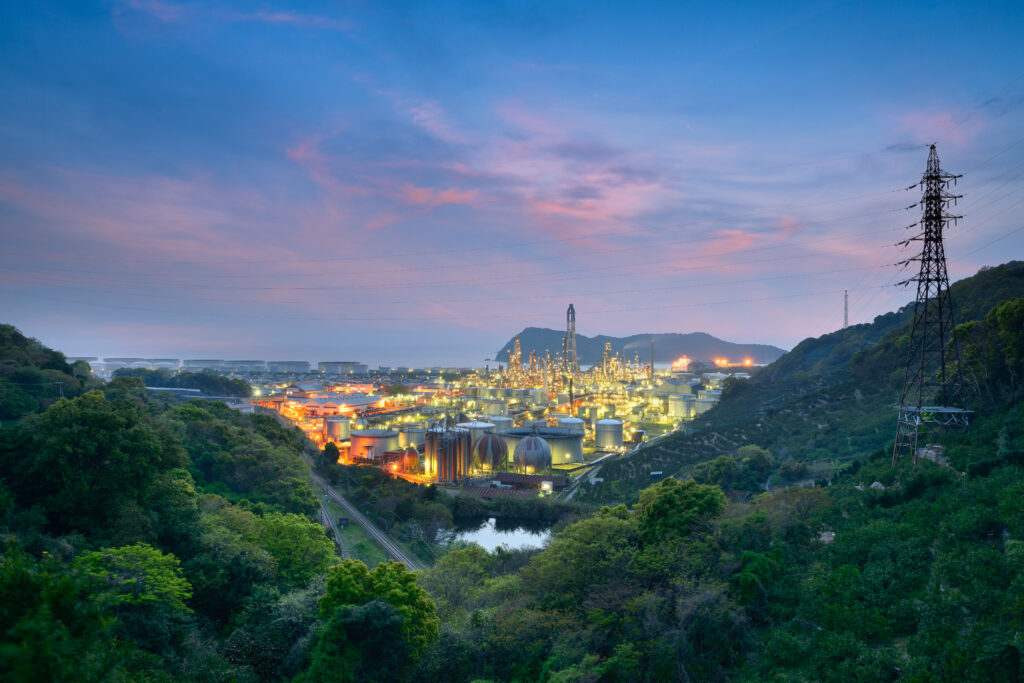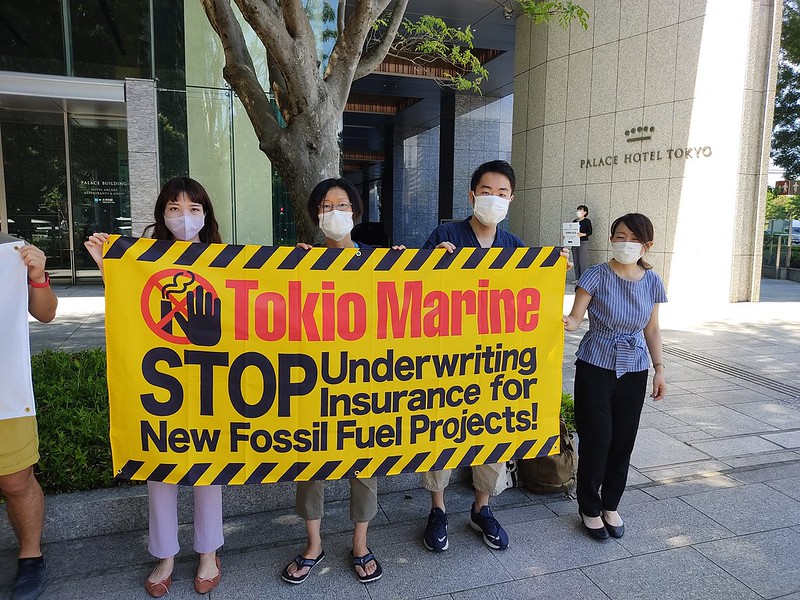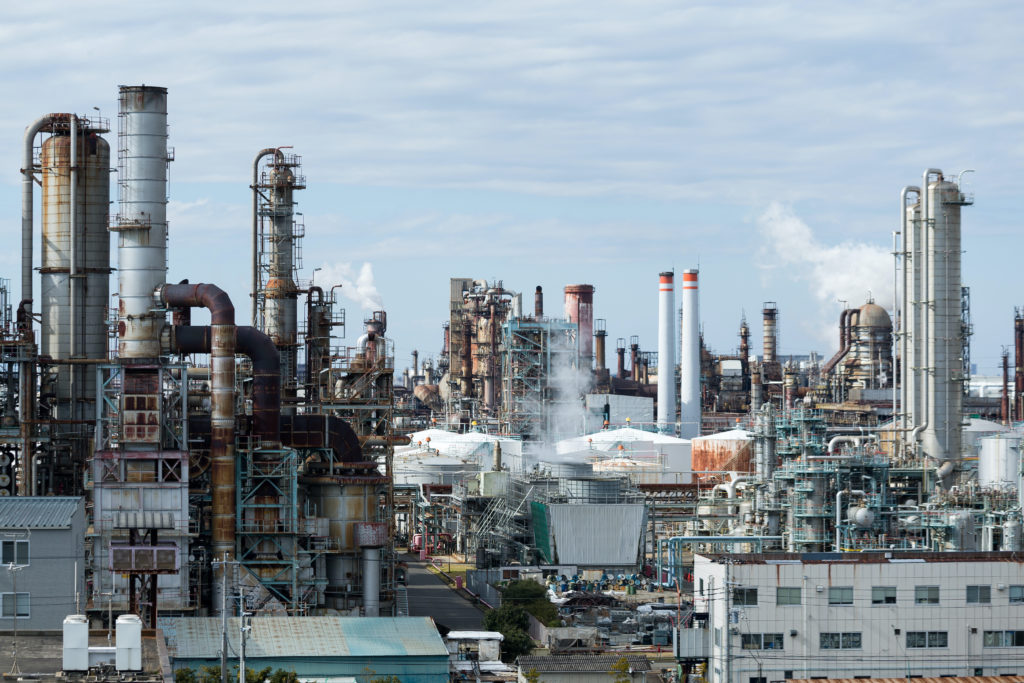Activists demand Tokio Marine rule out EACOP at annual shareholder meeting
On 26 June 2023, citizens and environmental NGOs gathered in front of the AGM venue of Tokio Marine Holdings; Japan’s biggest and one of the world’s top 10 oil and gas insurers.
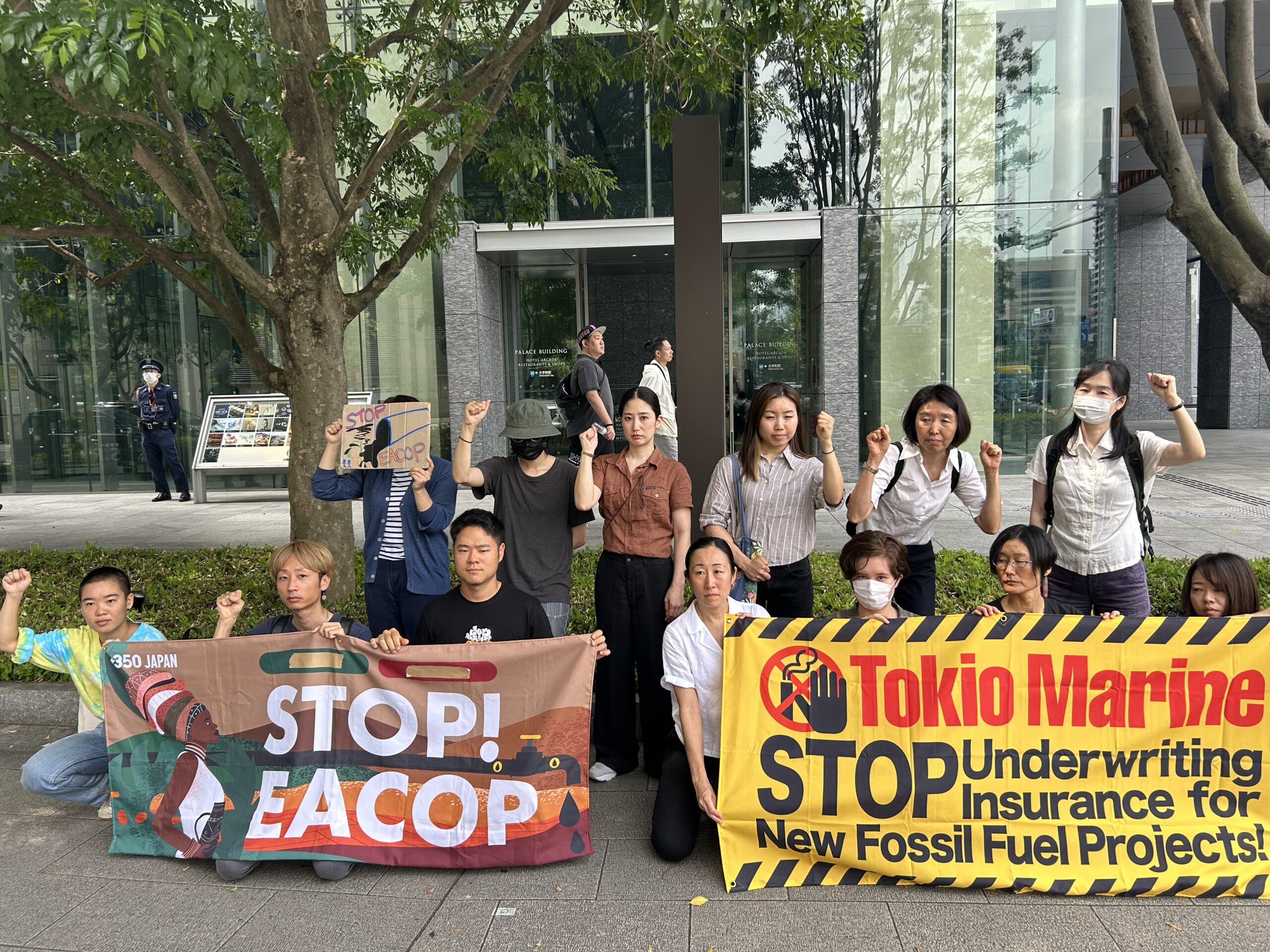
#StopEACOP activists question Tokio Marine’s ethics
Risa Iizuka, a youth activist and Field Organizer at 350.org Japan, condemned the 1,400km-long East African Crude Oil Pipeline Project (EACOP). This pipeline poses concerns about human rights violations against local residents and environmental destruction in Victoria Lake basin and Tanzania forests.
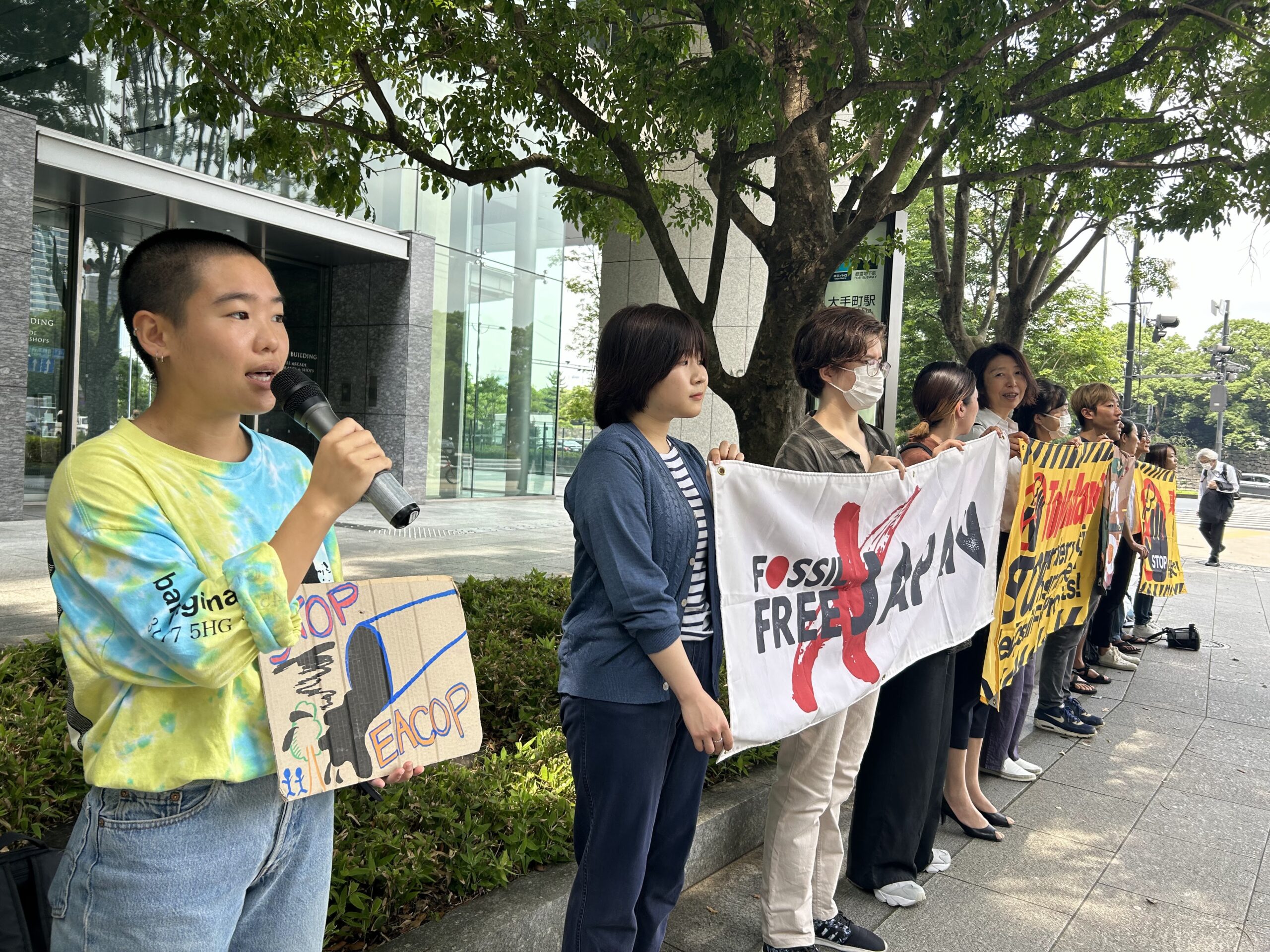
Yuki Tanabe, a climate campaigner at JACSES, attended the AGM and asked a question whether Tokio Marine is planning to publicly rule out underwriting EACOP. Tokio Marine’s leadership answered, “We cannot comment on an individual project,” even though 23 out of 29 global insurers have announced they are not and will never be involved in this project. A Japanese mega bank; Sumitomo Mitsui Banking Corporation (SMBC) used to remain silent as well; however, the group recently denied its current involvement in the project, as a result of growing movement.
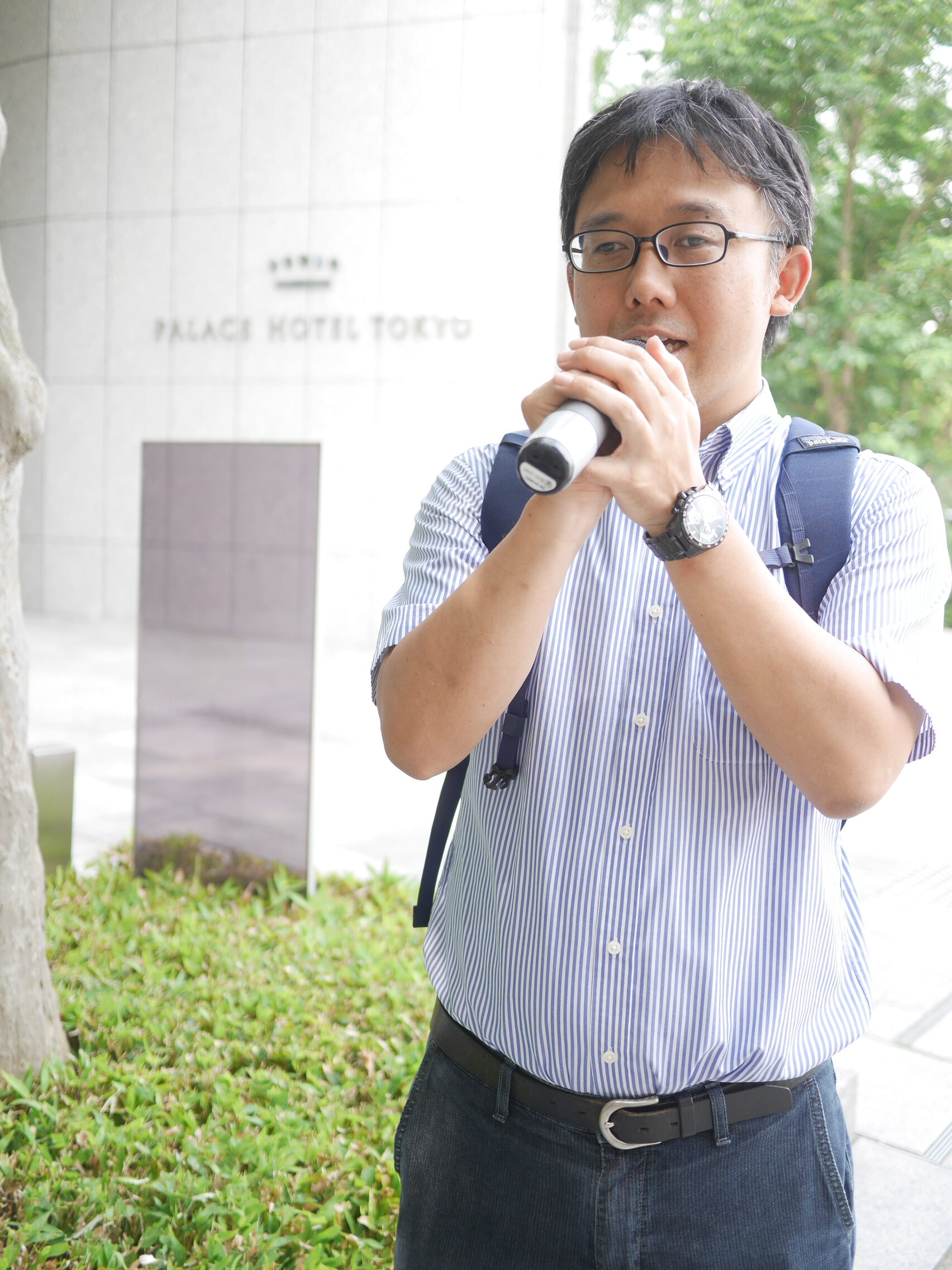
Tokio Marine Holdings’s response on EACOP is not consistent with the group’s past practice. Yuki Tanabe said that, “Tokio Marine previously responded that they didn’t intend to underwrite Adani’s Carmichael coal mine in Australia. Tokio Marine should announce not to underwrite any new fossil fuel projects, including EACOP.”
Tokio Marine’s History of Underwriting Dirty Fossil Fuels
Tokio Marine was also a major underwriter of Brazil’s offshore oil drilling operations, which caused devastating oil spills and conflicts with local residents. In Asia, Tokio Marine was the second largest underwriter of one of the dirtiest coal power plants in Vietnam: Vung Ang 2.
As a result of the growing movement all over the world, we have seen 15 insurers, including Allianz, Swiss Re and Munich Re, commit to restrict their underwriting of oil and gas projects. Tokio Marine updates its climate policy every year; however, its improvements are too minor. To avoid the most dangerous climate catastrophe, we must see Tokio Marine speed up and strengthen its oil and gas policy immediately in line with a credible 1.5C pathway*.
* As outlined in science-based scenarios such as the International Energy Agency (IEA) Net Zero scenario or the One Earth Climate Model (OECM) Decarbonization Pathway.

